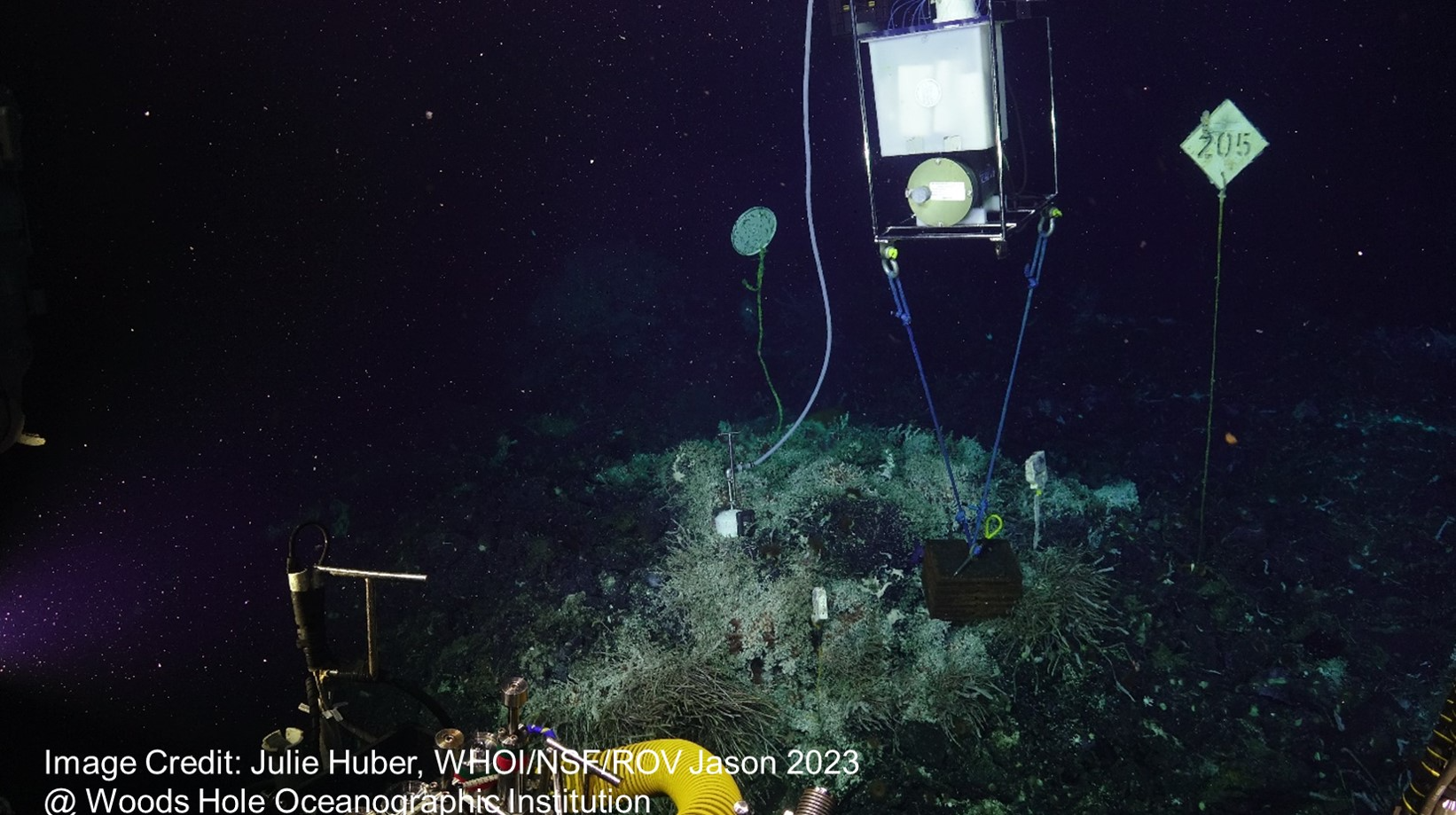
Welcome to the Origins and Habitability Laboratory!
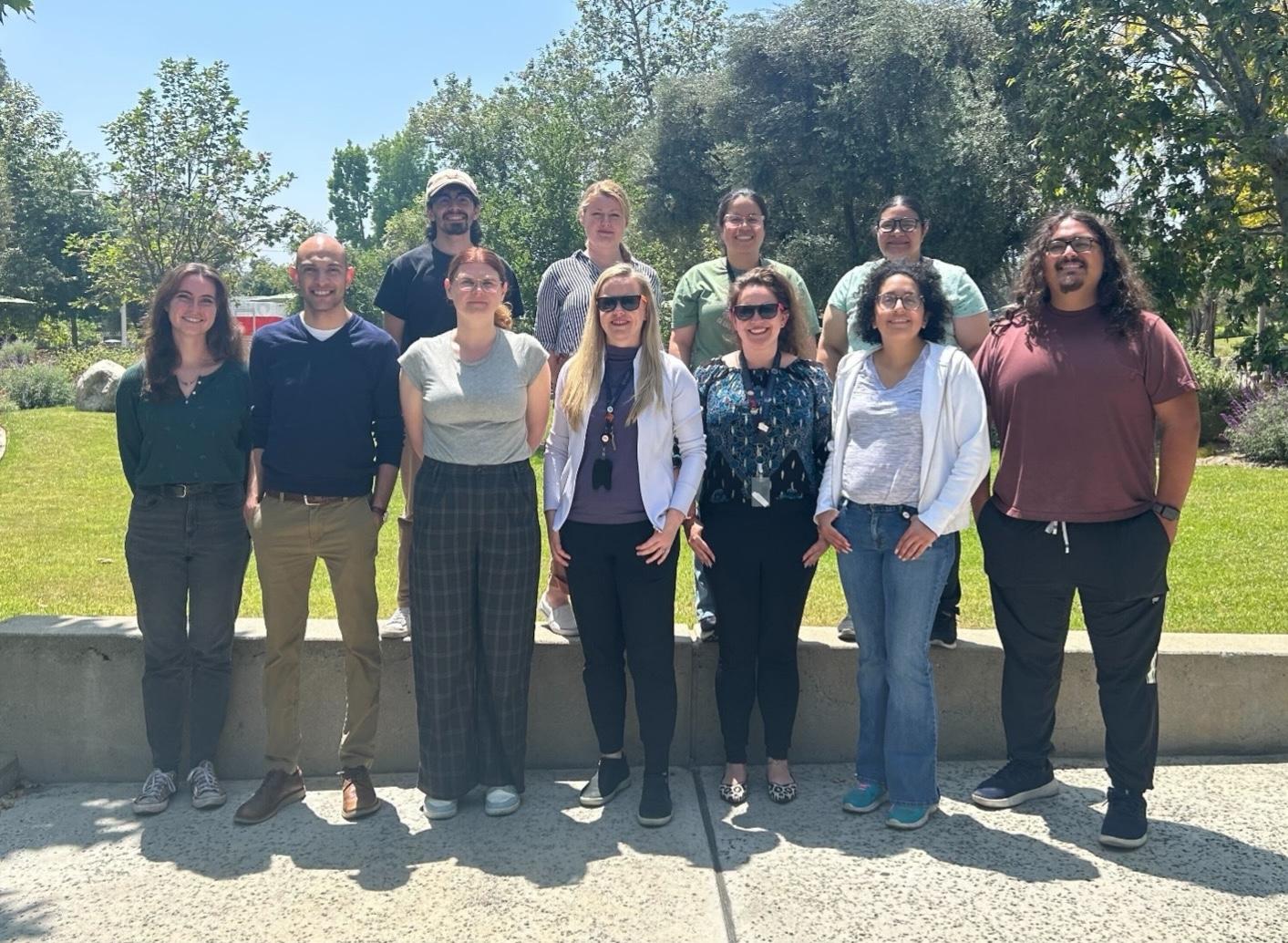
Research Directions
We are astrobiologists who study the origin of life and how life can exist on other worlds. Our group consists of geologists, biologists, chemists, engineers, and others. We work on a variety of projects to understand how geological conditions impact life in planetary environments such as early Earth, Mars, icy moons of the outer planets, and exoplanets.
Contact us to learn more about student, postdoc, collaboration, and visitor opportunities!
Recent Lab News
Origin of the electron
transport chain
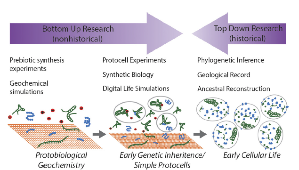
Laurie Barge and Jessica Weber, along with members of the JPL led “Becoming Biotic” Ideas Lab for the Origins of Life team, authored a new paper in PNAS about the origins of the electron transport chain, a necessary system in biology that may have been present at the origin of life. (Figure from Goldman et al. 2023, PNAS)
Simulating hydrothermal vents on early Earth & Mars
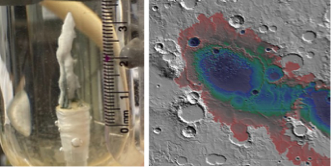
A new study was published in ACS Earth and Space Science by OHL student Nancy Carman, about the formation of Fe/Mg-silicate chimneys in alkaline hydrothermal vents. This study simulated hydrothermal chimneys in the lab using conditions inspired by the Strýtan hydrothermal field in Iceland, which is a basalt-hosted vent system analogous to environments on early Earth and Mars. (Image: NASA)
New Grant Funded: Habitability of Enceladus
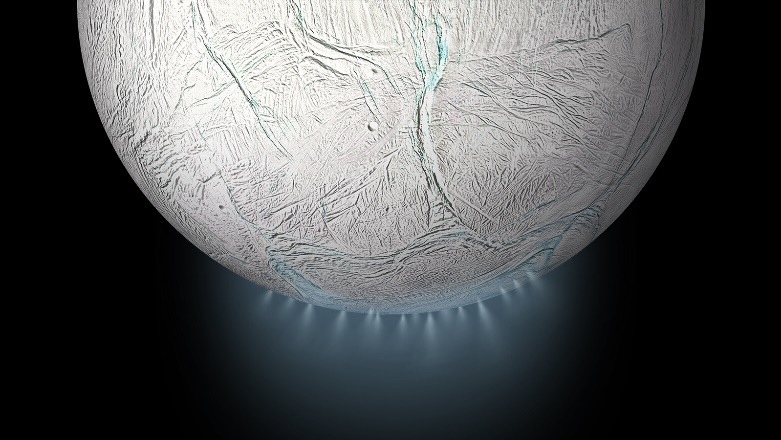
OHL PI Laurie Barge was recently awarded a new NASA Habitable Worlds grant to study new mechanisms for habitability in Saturn’s moon Enceladus. We will study whether the organics in Enceladus’ core could provide energy for life in this ocean world.
New Origin of Life Grant Funded
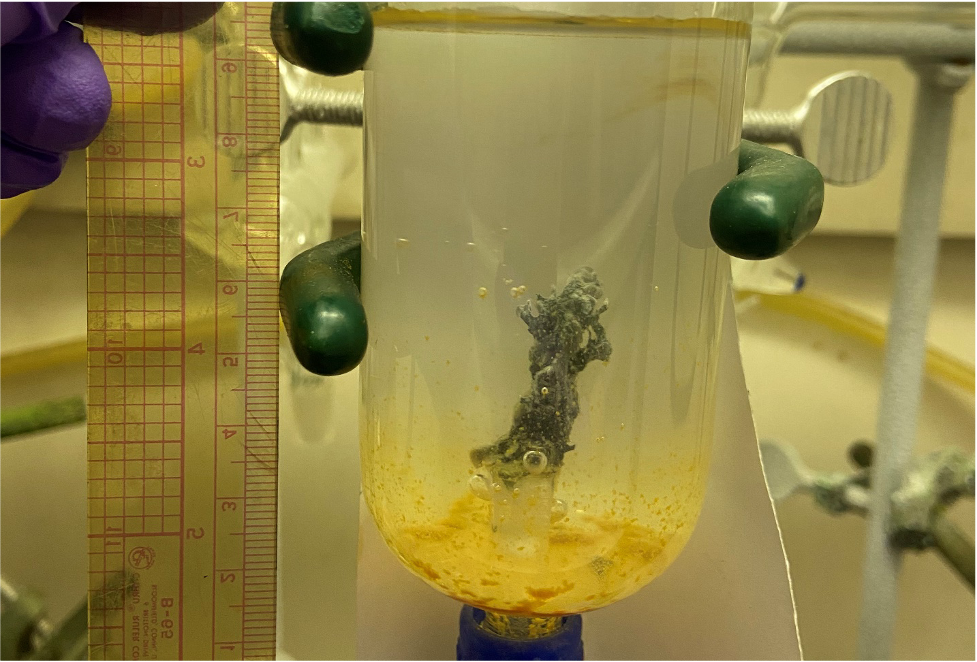
OHL PI Laurie Barge was recently awarded a new NASA Exobiology grant to study prebiotic chemistry in ancient hydrothermal chimneys. We will be studying carbon and mineral reactions in a hydrothermal reactor simulating vents on early Earth and ocean worlds. (Image credit: Tully Mahr & Bonnie Teece)
OHL Outreach Committee
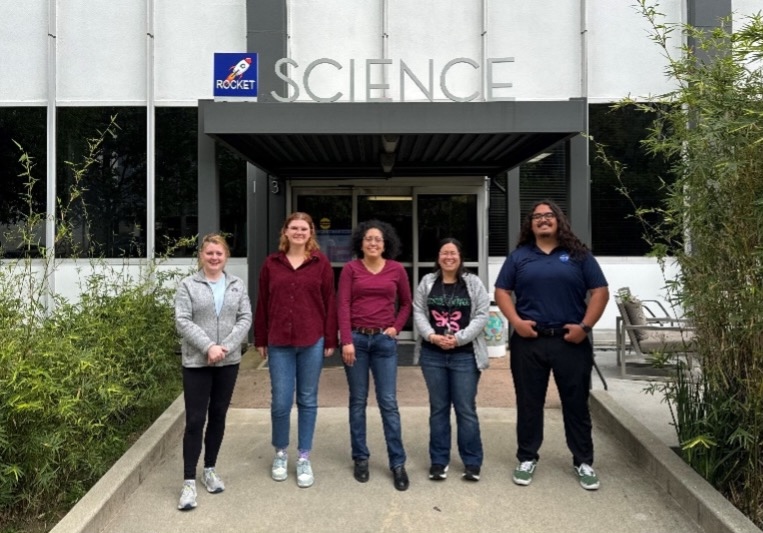
Introducing the OHL’s Outreach Committee! The outreach committee was founded by and is led by students and postdocs. They organize outreach activities for the lab to participate in, manage the lab’s social media, and represent the OHL at outreach events.
Prebiotic chemistry on Enceladus
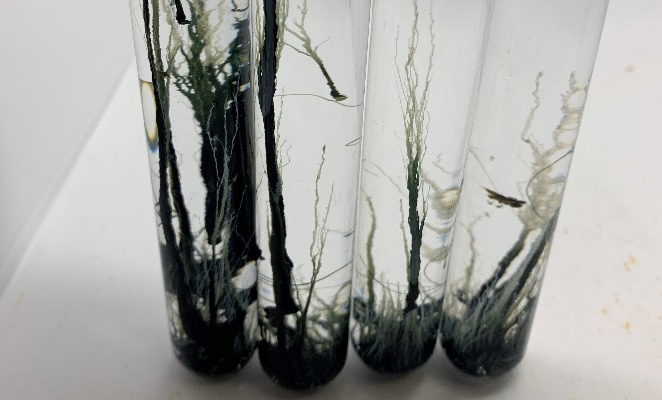
A new study was published in CHEM led by OHL student Tess Marlin and other members of the lab, about prebiotic organic reactions in chemical garden experiments conducted under Enceladus conditions. We found that some protometabolic reactions can occur in these conditions simulating mineral environments on ocean worlds.

